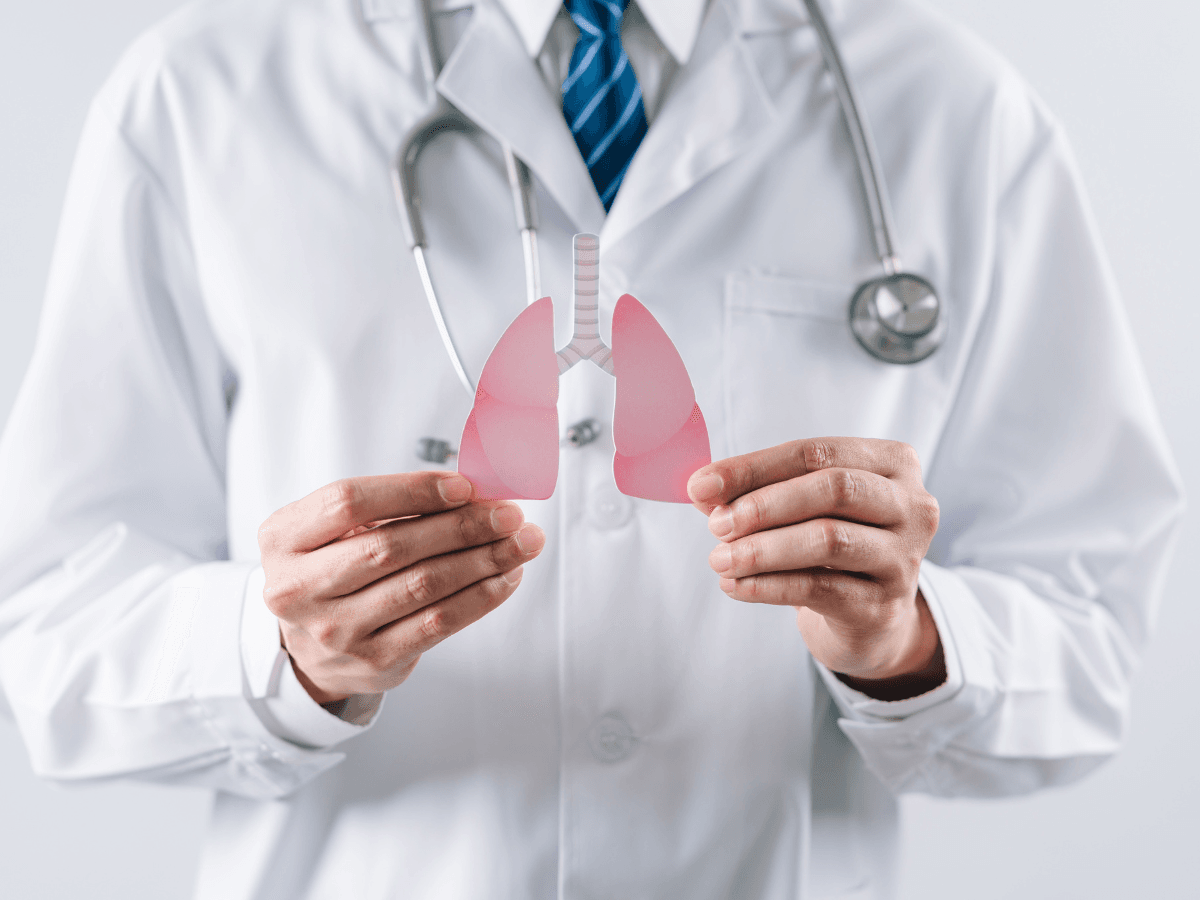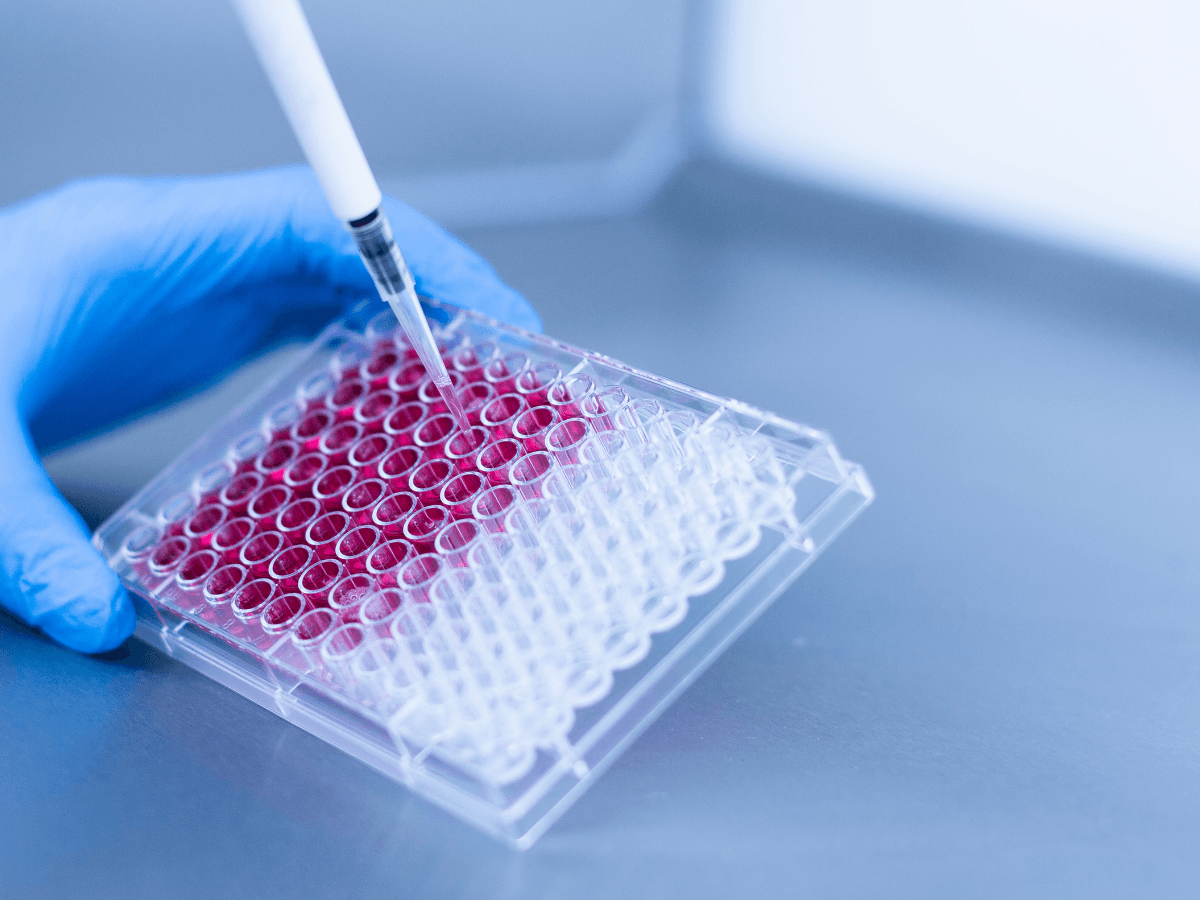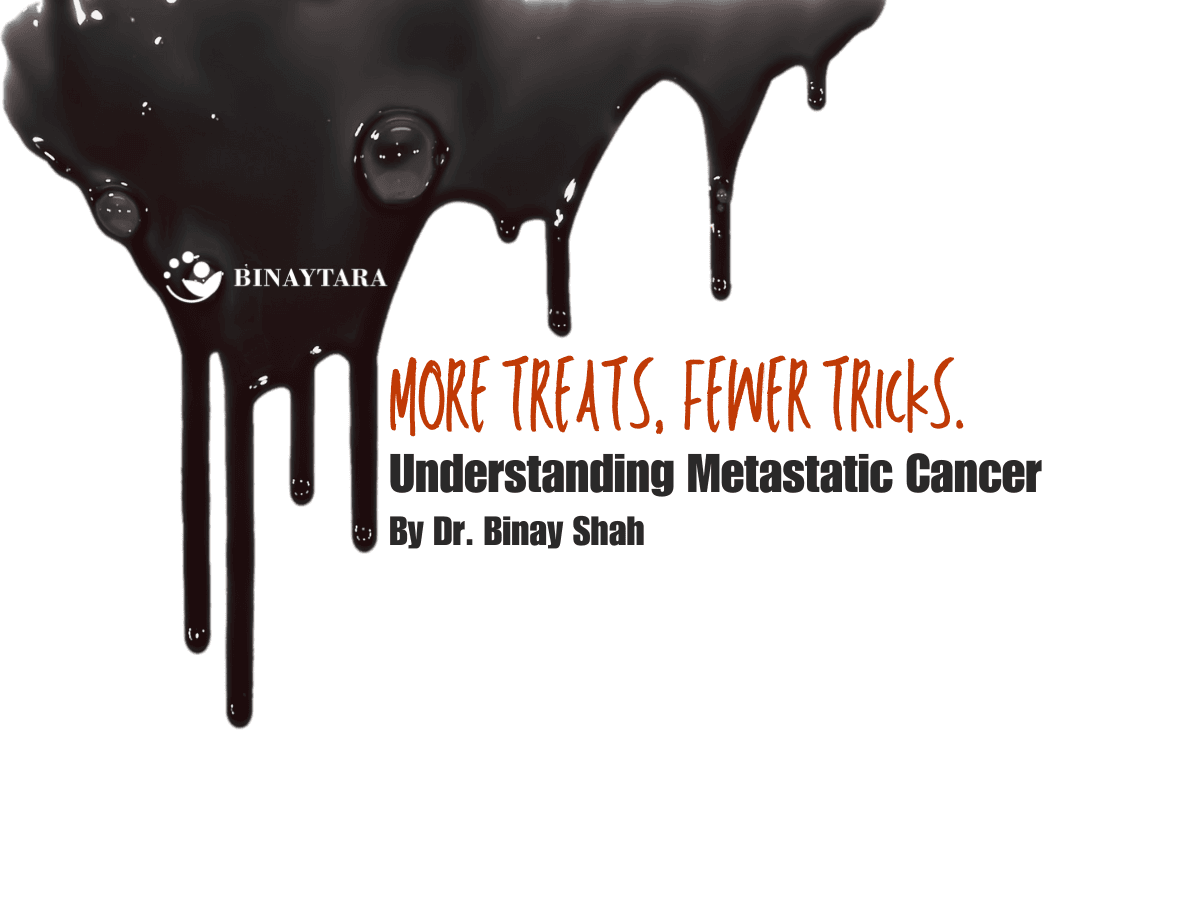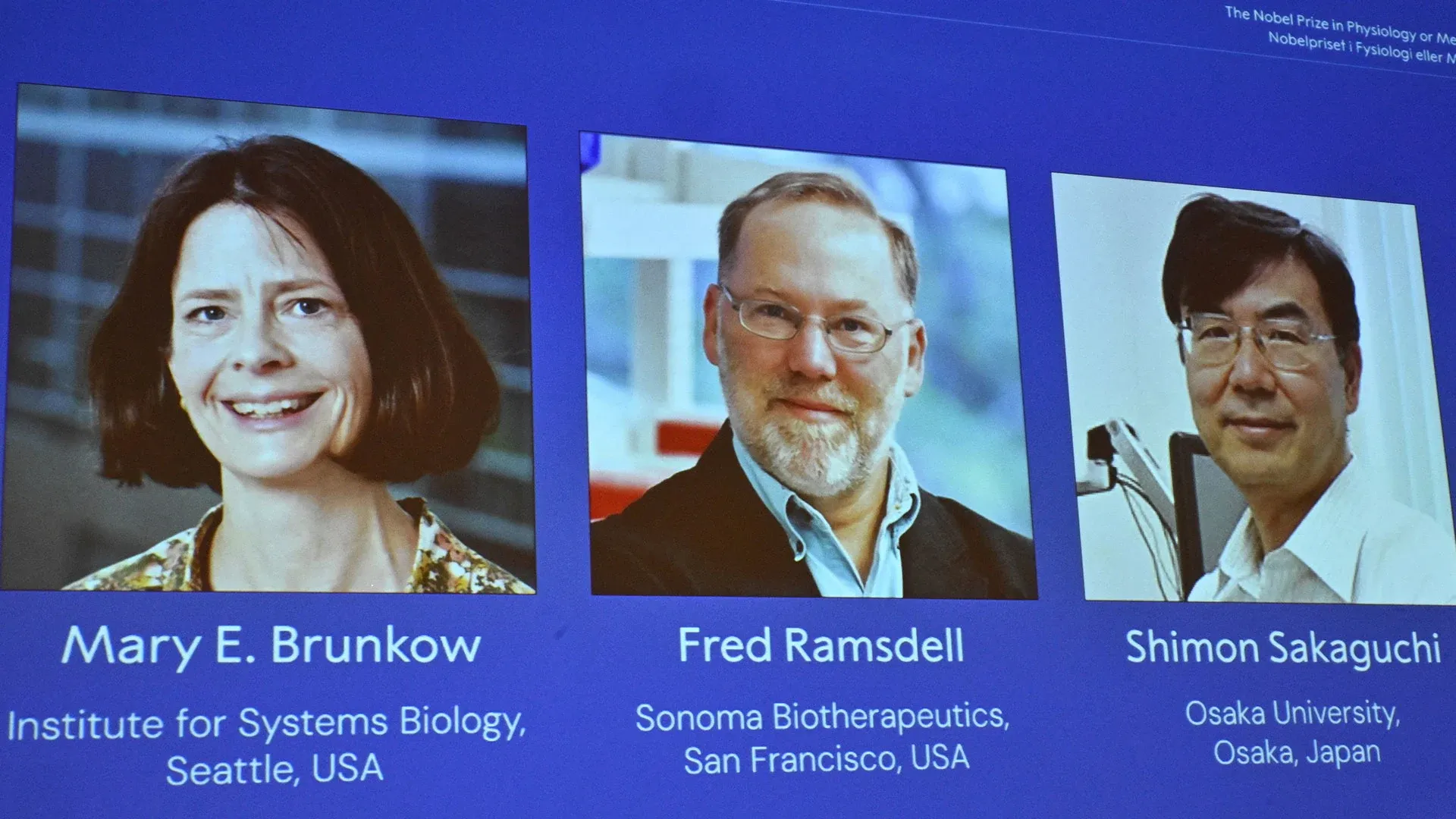
The Cancer News
AN AUTHORITATIVE RESOURCE FOR EVERYTHING ABOUT CANCER
Does Sugar Feed Cancer?
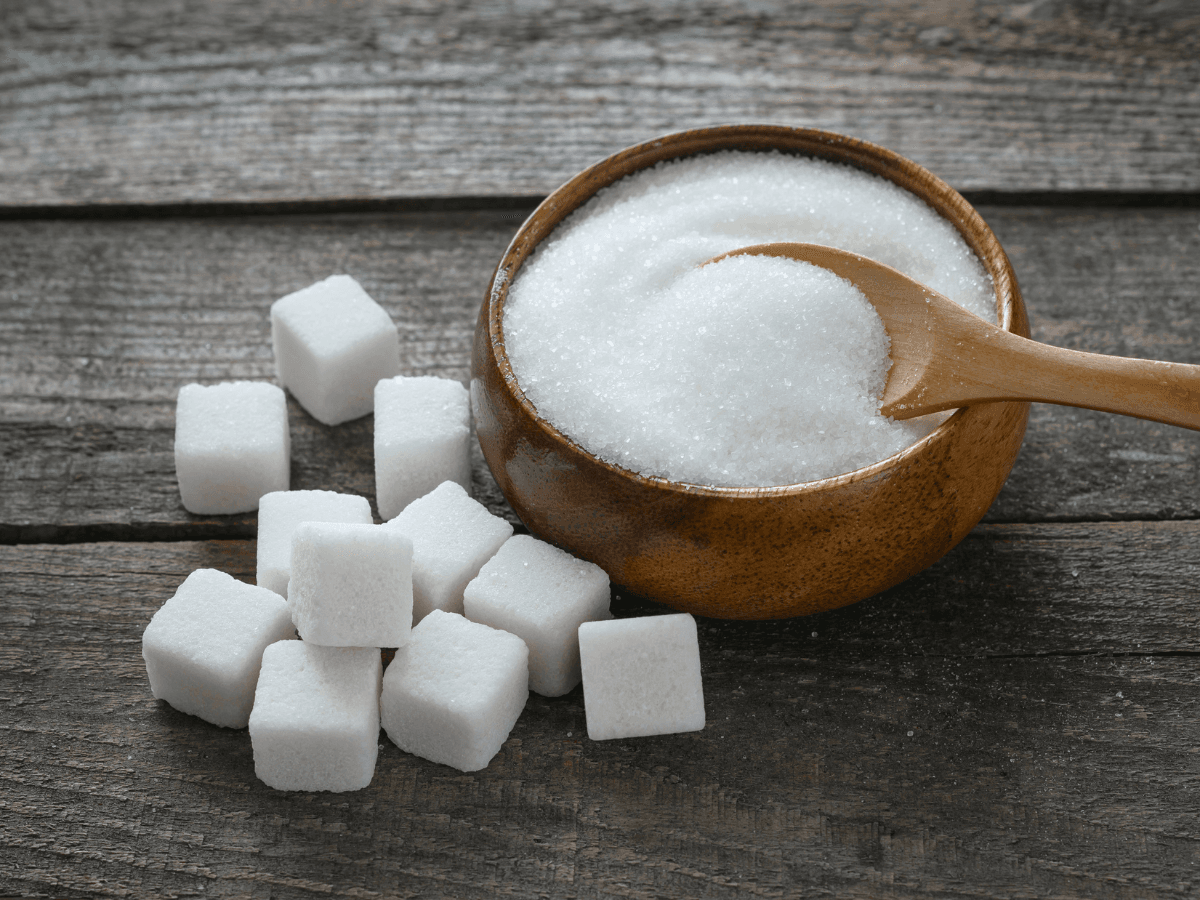
Understanding whether sugar truly “feeds” cancer is one of the most common questions patients ask. While both healthy and cancer cells rely on glucose for energy, the relationship between sugar and cancer risk is far more complex. This article breaks down what science tells us about sugar consumption, inflammation, insulin resistance, and how different types of sugar may influence cancer development and progression.
Humans are born with a natural preference for sweetness. From the sweet amniotic fluid that surrounds us before birth to the milk sugar in our first meals, sugar has been part of our story from day one. As adults, we encounter it everywhere, in fruits, bread, and yes, the occasional ice cream and cookies. This widespread presence of sugar in our diet has led to important questions about its role in cancer development. Since both healthy cells and cancer cells use sugar for energy, many people wonder: Should we be concerned about our sugar intake? Does eating sugar actually "feed" cancer, or is this an oversimplification? Let's examine what science tells us about sugar's true relationship with cancer risk.
What Constitutes Sugar?
Sugar is defined as any type of soluble, crystalline, sweet-tasting carbohydrate derived mostly from plants. There are two classes of sugars: simple and complex. Examples of simple sugars include glucose, fructose, sucrose, lactose, maltose, and galactose. These are often found in fruits, vegetables, honey, and dairy products. On the other hand, complex sugars are long chains of simple sugars linked together and are found in various foods like grains, potatoes, legumes, corn, fruits and vegetables, and oats.
Sugars can be naturally occurring, such as those present in whole foods, while others are processed and added to foods, like high-fructose corn syrup, dextrose, and other sweeteners. With all these varieties of sugar, which one is actually bad for you, and more specifically, which one fuels cancer growth?
Are some sugars healthier than others?
In the 1500s, a Swiss physician, Paracelsus, said, “All things are poison, and nothing is without poison; the dosage alone makes it so a thing is not a poison.” By that logic, even the healthiest drink, like water, can be deadly if consumed in large amounts, such as in a drowning scenario.
When it comes to choosing a healthier option, sugars can be harmful depending on their type and amount. Naturally occurring sugars found in whole, unprocessed foods, like fruits, starchy vegetables, and minimally processed carbs such as brown rice and whole grain pasta, are safe to consume. These types of sugars digest slowly, preventing rapid spikes in blood sugar that can lead to diabetes, obesity, and insulin resistance.
On the other hand, added and refined sugars—like cane sugar, syrups, candies, cookies, or other sugar-based snacks—can be harmful if not consumed in moderation. The average daily intake of added sugar in the U.S. is about 77 grams. That is well above the American Heart Association’s recommended limit of 25 grams for women and 36 grams for men. This excess sugar consumption has been linked to increased cancer risk due to its effects on insulin resistance and inflammation.
Understanding the Link between Cancer and Sugar Consumption
Several research studies have reported a correlation between sugar consumption and cancer. These studies suggest that high sugar intake can heighten cancer risk and progression. For example, an observational study showed that increased sugar intake was associated with a 21% higher risk of prostate cancer in men who consumed large amounts of sugar-sweetened beverages. Animal studies reflect similar trends: mice that consumed a high-fructose corn syrup diet had a 20% increase in intestinal tumor size compared to those on a normal diet.
A larger review of 42 studies involving over 4.5 million people found that drinking more sugary drinks, like soda, was linked to a higher risk of several cancers. For every extra cup (about 8 oz or 250 mL) per day, the risk went up: 17% for breast cancer, 10% for colorectal and prostate cancer, and 30% for biliary tract cancer. Even 100% fruit juice was not off the hook. It was tied to a higher risk of overall cancer, melanoma, squamous cell carcinoma, and thyroid cancer. Sugar substitutes, like artificial sweeteners in drinks, were linked to a higher risk of leukemia. While these correlational studies may not indicate direct cause, the trend suggests the importance of limiting sugary beverage intake as a potential form of cancer prevention.
To further understand how sugar “feeds” cancer cells, it is important to understand how cancer cells get their energy.
Does Sugar Directly “Feed” Cancer Cells? What Science Shows
The main source of energy for cancer cells is glucose. So, when there are high levels of glucose in the blood, as caused by added and refined sugars, it can fuel the growth of rapidly dividing cancer cells. High-sugar diets also cause frequent spikes in blood glucose, which trigger the pancreas to release insulin. Elevated insulin levels boost growth factors that help cancer cells thrive, creating an environment that supports cancer development.
On top of that, sugar is linked to higher levels of inflammation in the body. These inflammatory signals can not only promote cancer growth but also help it spread. For example, one study showed that high glucose levels in lung cancer cells increased inflammation and triggered the release of factors that promote tumor growth and migration.
Sugar’s Impact on Cancer Treatment and Management
So, does sugar feed cancer cells?
The answer is not as straightforward. The majority of studies suggest that high intake of added sugars is associated with increased cancer risk. Although these studies are observational, the link is supported by what researchers observe happening at the cellular level. Many factors contribute to cancer risk and progression, including overall food quality, genetic predisposition, and lifestyle factors like how often someone exercises. Different types of sugars are also broken down differently. For example, glucose, fructose, and high-fructose corn syrup are often implicated due to their associations with obesity, liver disease, and insulin resistance—all of which can have downstream effects on cancer development. On the other hand, studies on sucrose, often associated with obesity and metabolic syndromes, show a weaker direct link to cancer risk. This highlights how different types of sugar can affect cancer risk and shows the need for more research on whether sugar directly causes cancer.
Bottom Line: Should You Worry About Sugar and Cancer?
When it comes to treatment, higher blood glucose levels have been reported to reduce the effectiveness of chemotherapy and contribute to multidrug resistance. For cancer patients and survivors, dietary recommendations often emphasize reducing sugar intake. This can be done by eating foods with a low glycemic index, increasing fiber intake, and generally limiting foods high in added sugars. Consult your physician to receive a tailored recommendation about dietary choices that support your overall health and cancer treatment plan.
So while sugar is everywhere and cannot be completely avoided, having a well-balanced diet that supports the healthy growth of normal cells and limits malignant transformation of cells may help with both cancer prevention and recovery.

National Breast Cancer Awareness Month
2025-10-15
Share Article
